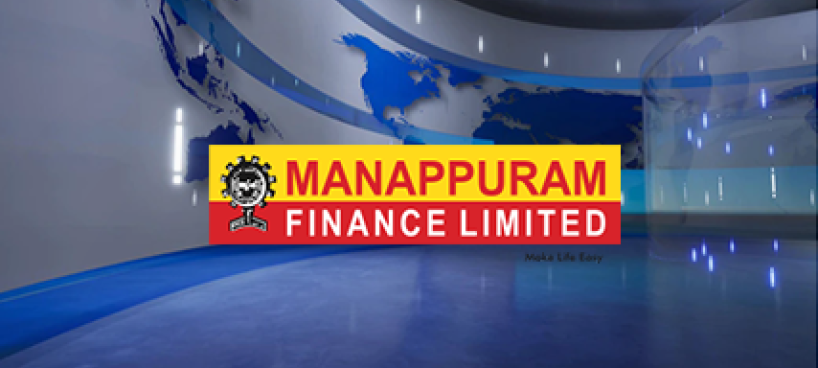
The performance of banks in rural and MSME lending has been inadequate even after the considerable expansion of the scope of priority-sector loans.
Access to finance is a critical requirement for economic development, especially at micro-entrepreneurial levels. India is yet to evolve a dependable mechanism for providing credit to the needy, forcing many to approach moneylenders. A 2018 IFC study reports that formal sources of finance cater to only 16% of the total MSME debt financing — the rest is either self-financed or availed from informal sources — down from 22% in 2012.
Moneylenders target mainly, small and marginal farmers, daily wage-earners, self-employed and unorganised sector entrepreneurs, urban slum dwellers, and migrants etc. Poor households often find themselves dependent on informal credit for their needs for investment or consumption. Small-scale entrepreneurs often fall back on moneylenders for working capital, borrowing on a daily or weekly basis at exorbitant interest rates. They suffer frequent shocks to their income forcing them to borrow to maintain their precarious livelihood. With limited resources for plying their trade, they need access to credit, but given the informal nature of their activity, a loan from the banking sector is hard to come by.






